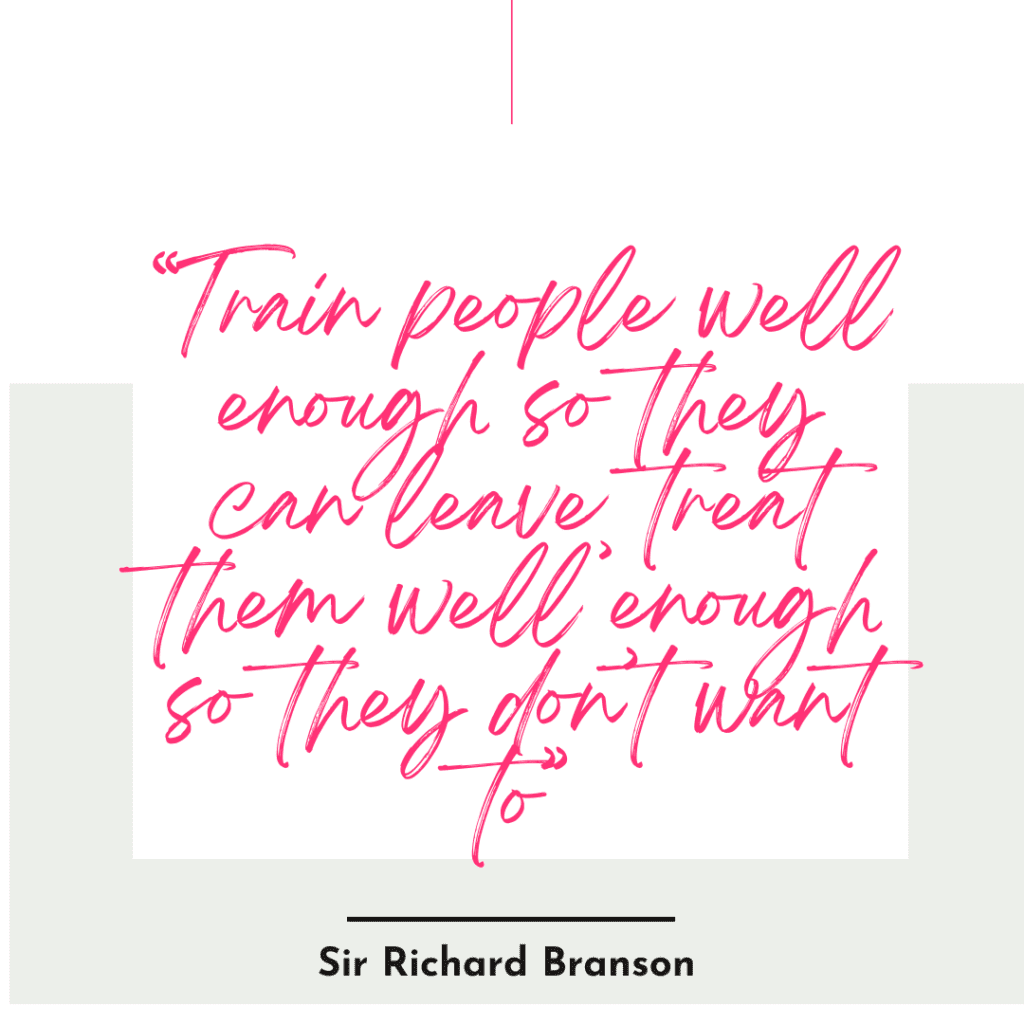Recent research conducted by data company Statisa shows that over 41% of people interviewed about their reason for leaving their employer cited lack of career development or advancement.
Most people comment on the fact that their managers do not have conversations with them about their career aspirations or progression. The lack of career conversations in the workplace can often lead to employees feeling undervalued and unappreciated, which in turn can lead to high turnover.
So why, despite this information do so many organisations fail to ensure that managers are having career conversations with their workforce? For many, the reason lies in some the following myths about career conversations
Employees will leave if you start talking about their careers
Managers sometimes feel that if they start a conversation about future career moves, it could be perceived by employees as an indication that the organisation is trying to get rid of the employee, or that the organisation is in trouble. Employees will only have reason to feel this way is the conversation takes place in a way that feels out of context.
It is important that managers prepare the employee for the meeting by explaining to the employee the reason for the conversation and the benefits of the meeting to the employee.
Not all employees are ambitious so are not interested in discussing their career
In every organisation there are likely to be employees who have been in the organisation for a period in excess of 3 or more years, in the same job role. These employees, are deemed to be highly competent and capable in their job but show no real interest in seeking promotion or other forms of career progression.
With such employees, managers can often determine that there is nothing to be gained from having career conversations with them, so no conversation takes place. Although some employees may not be interested in climbing the career ladder at the current point in time, it does not mean they don’t have ambitions. It is important that managers find out from them what they need to do to ensure their time with the organisation remains fulfilling and that there are opportunities to enrich their current role.
Having career conversations will raise expectations
One of the biggest fears most managers have about having career conversations is that once the conversation take please, it will raise expectations that the organisation is unable to meet.
Sir Richard Branson, famously said;

Although organisation will always have some degree of attrition, one of the things most employees value above pay is the opportunity to be developed
By having career conversations, employees are likely to feel valued and that their organisation has their best interests at heart. This can, for some, be the difference between someone seeking a higher paid role and staying longer with the organisation
Career development conversations can only happen during performance review meetings
If you were to ask managers when they think is the best time to hold a career conversation, most will say that career conversations are best had as part of an annual or bi-annual performance review meeting. Whilst this is usually the most common time for these conversations, there is nothing to stop managers for having career conversations as part of regular weekly, bi-weekly or monthly meetings.
The important thing to note is that when the career conversations are happening, they provide the employees with the opportunity to discuss and express their career aspirations and development. The conversations will help with boosting morale and could aid retention within the workplace.

Comments Off on 4 Common Myths About Career Development Conversations